Brexit: Environmental rules in Northern Ireland 'at risk'
- Published
- comments
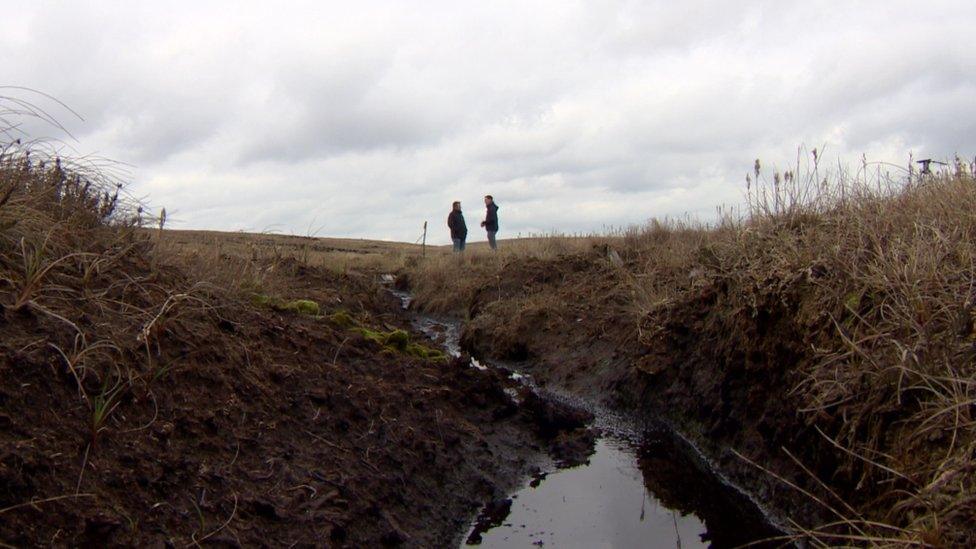
A drain on the EU-protected Slieve Beagh which marks the border between Northern Ireland and the Republic of Ireland
Environmentalists fear Northern Ireland could be left behind when it comes to protecting important species and habitats after Brexit.
Much of the current protection is based on EU law, backed up by the threat of fines from a European court.
But after Brexit, that oversight will be lost.
And with no Northern Ireland Assembly to legislate on replacing it, experts claim governance gaps could open up.
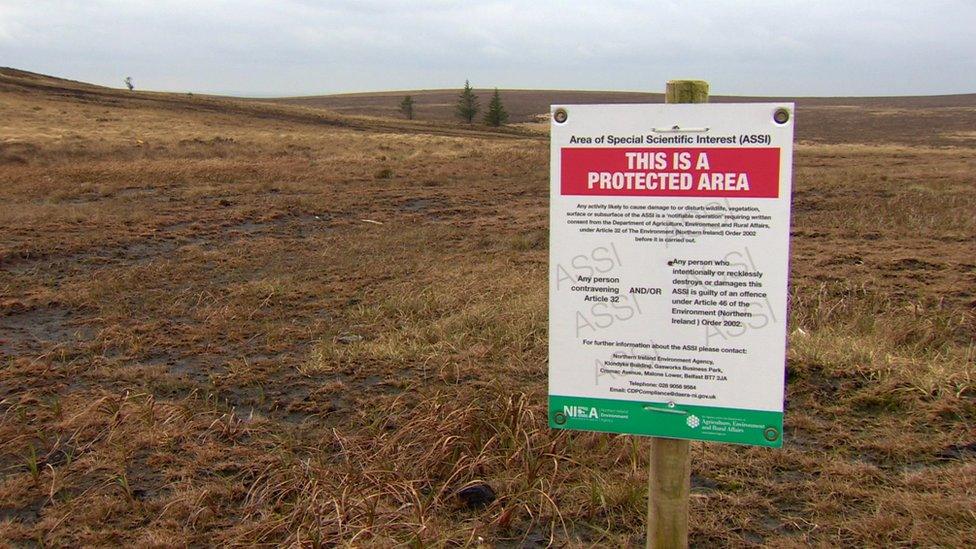
Slieve Beagh's upland blanket bog is part of the reason it is protected
EU directives are given legal effect by domestic legislation, which will continue to apply.
Civil servants have taken an option to extend some English laws to Northern Ireland and say existing protections will not be undermined.
But environmentalists' concerns remain, especially when it comes to cross-border EU protected sites and issues like water and air quality.
Nature Matters NI is an umbrella for groups like the National Trust, RSPB and Ulster Wildlife which have come together to campaign for a green Brexit.
Spokesperson Emily Hunter said there was already "weak" environmental governance in Northern Ireland.
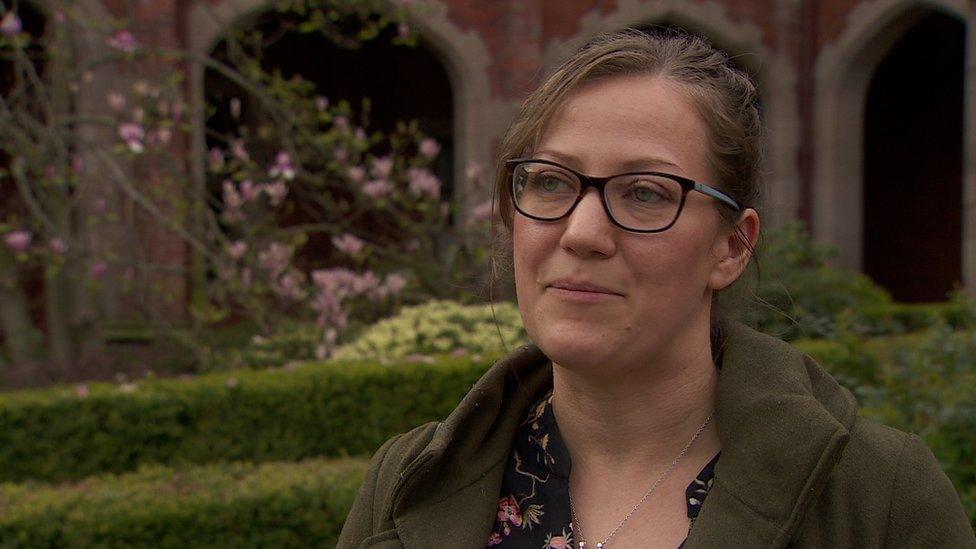
Emily Hunter of Nature Matters NI is campaigning for a Green Brexit
"We're the only part of the UK that doesn't have an independent environmental protection agency but we don't have a government to put anything in place to replace what we're losing from the EU," she said.
"So we're in a position where we could easily fall behind the rest of the UK."
Slieve Beagh is a huge area of upland blanket bog straddling counties Monaghan, Tyrone and Fermanagh.
An important EU protected habitat in its own right, it is also a stronghold for the hen harrier, a scarce bird of prey.
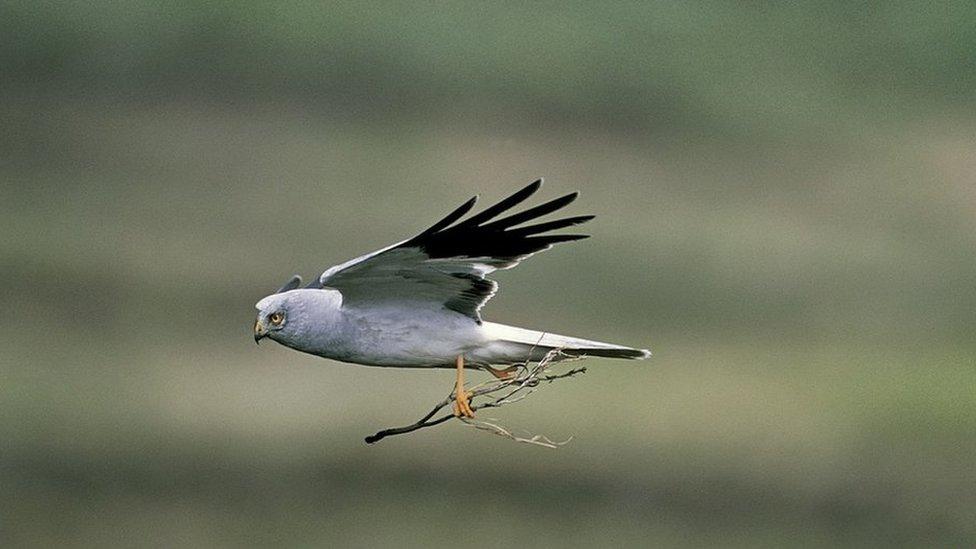
The upland is a stronghold for the hen harrier
At present, it is covered by an EU-funded conservation project.
Ecologist Rory Sheehan helps manage it. He said there was great commitment to the area and its wildlife and, with EU directives transposed into domestic legislation on both sides of the border, he is confident protection that will not be diluted.
But he is concerned about funding and whether colleagues in Northern Ireland will continue to be able to draw down EU Peace money in future.
The signs are positive, but the details are still to be worked out.
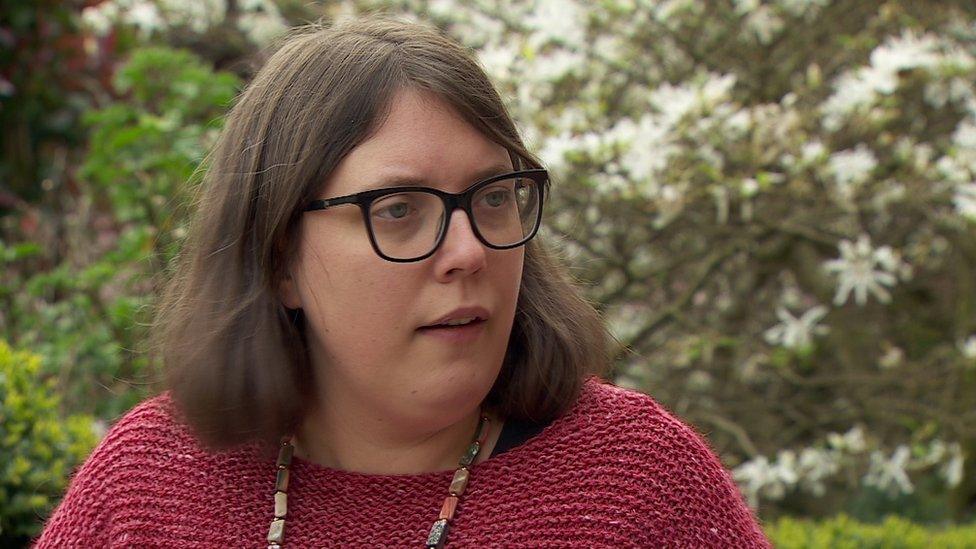
Dr Viviane Gravey of Queen's University is an expert in environmental policy
Dr Viviane Gravey lectures in European politics in Queen's University and specialises in agriculture and environmental policy.
She cites cross-border dumping of waste as an example of how UK and Irish membership of the EU worked.
It helped in the repatriation of large quantities of domestic rubbish from illegal landfills in Northern Ireland back to the Republic of Ireland, where it came from.
"There was a mechanism there to deal with that and ensure that Ireland would pay most of the cost of repatriating that waste," she said.
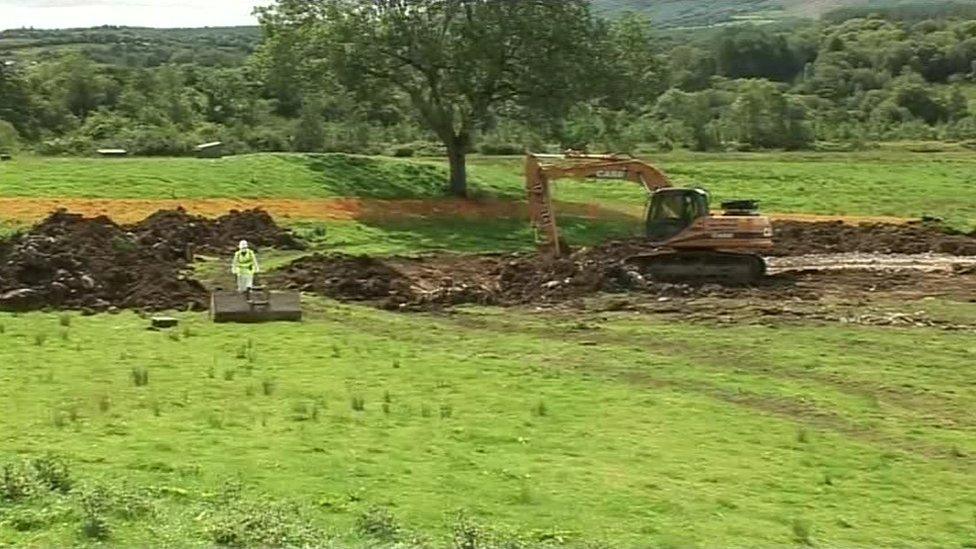
Illegal waste is removed from land in Northern Ireland
"Sometimes shared rules mean that you don't have any problems arising, but it also means that you have common ways of dealing with a problem and there's a procedure in place, and that what's we risk losing."
Dr Gravey said the absence of an assembly was a stumbling block to the establishment of effective environmental governance post Brexit.
There are lots of "interesting discussions" going on in the rest of the UK about what will replace EU oversight, but in Northern Ireland, those talks are not happening.
She said that in a region where there had traditionally been less importance attached to environmental protection by politicians, there is no guarantee that a future environment minister would adopt robust policies.
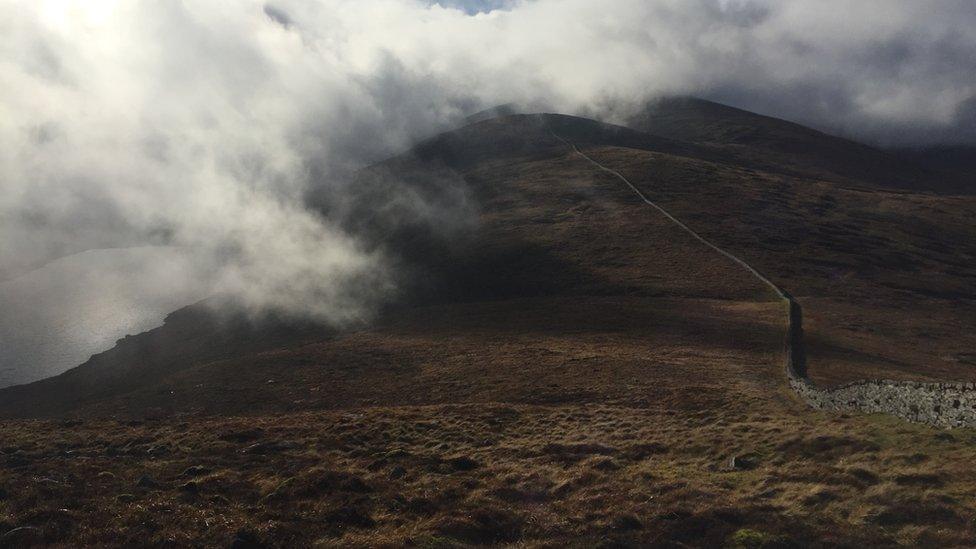
Academics claim some of the changes could present a conflict of interest when it comes to planning on protected sites
Academics have also raised concerns about the amount of power that Northern Ireland's Department of Agriculture, Environment and Rural Affairs (Daera) will have to interpret conservation laws after Brexit.
A paper by Dr Ciara Brennan from Newcastle University and Dr Mary Dobbs from Queen's University, external points out that where big infrastructure projects affect protected sites, Daera will be responsible for advising on whether there is an "overriding public interest" in proceeding.
That would replace the role currently undertaken by the European Commission.
The academics suggest planning officials in infrastructure would be asking approval from colleagues in Daera, a situation which, they claim, could lead to "conflicts of interest" where "the government is seeking approval from itself".
You can hear more on this subject on BBC Radio 4's Costing the Earth programme.
- Published13 March 2019
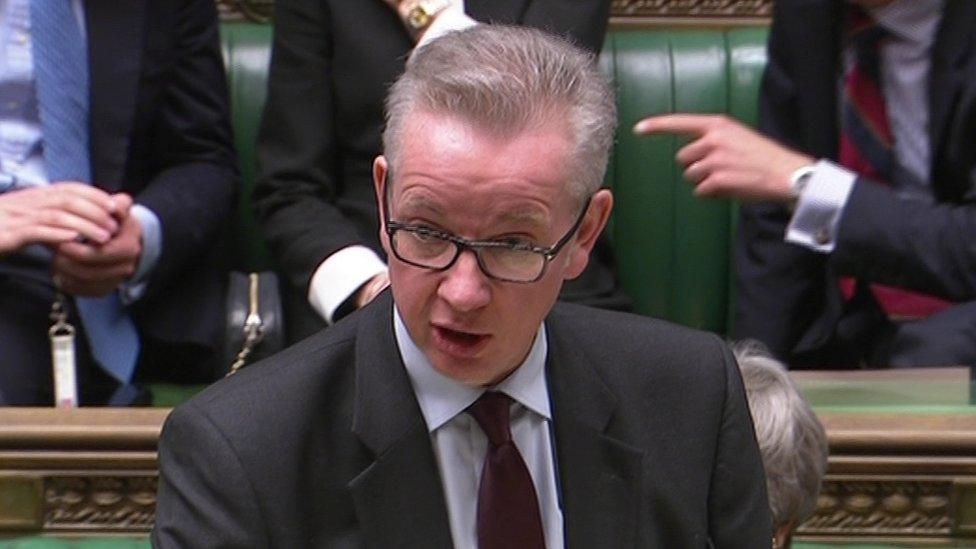
- Published14 March 2019
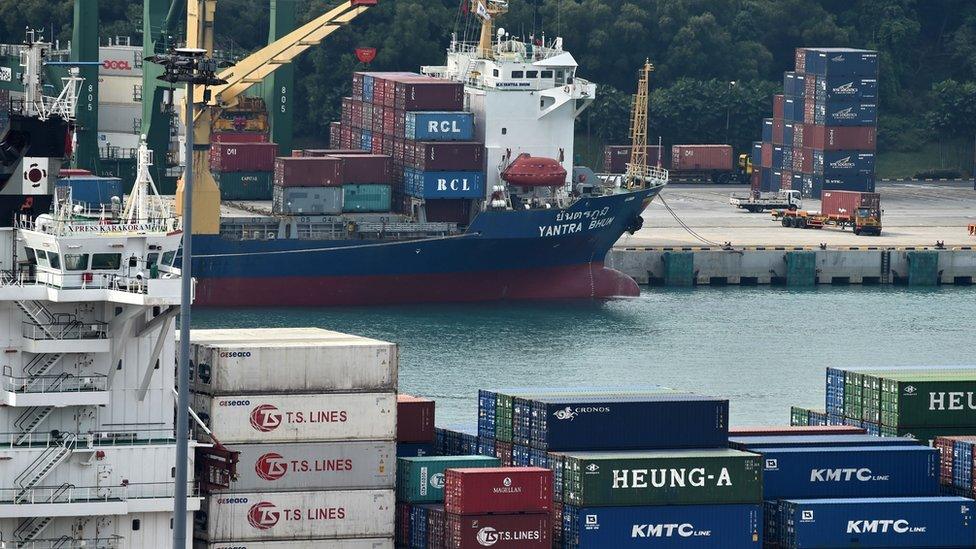
- Published12 March 2019
